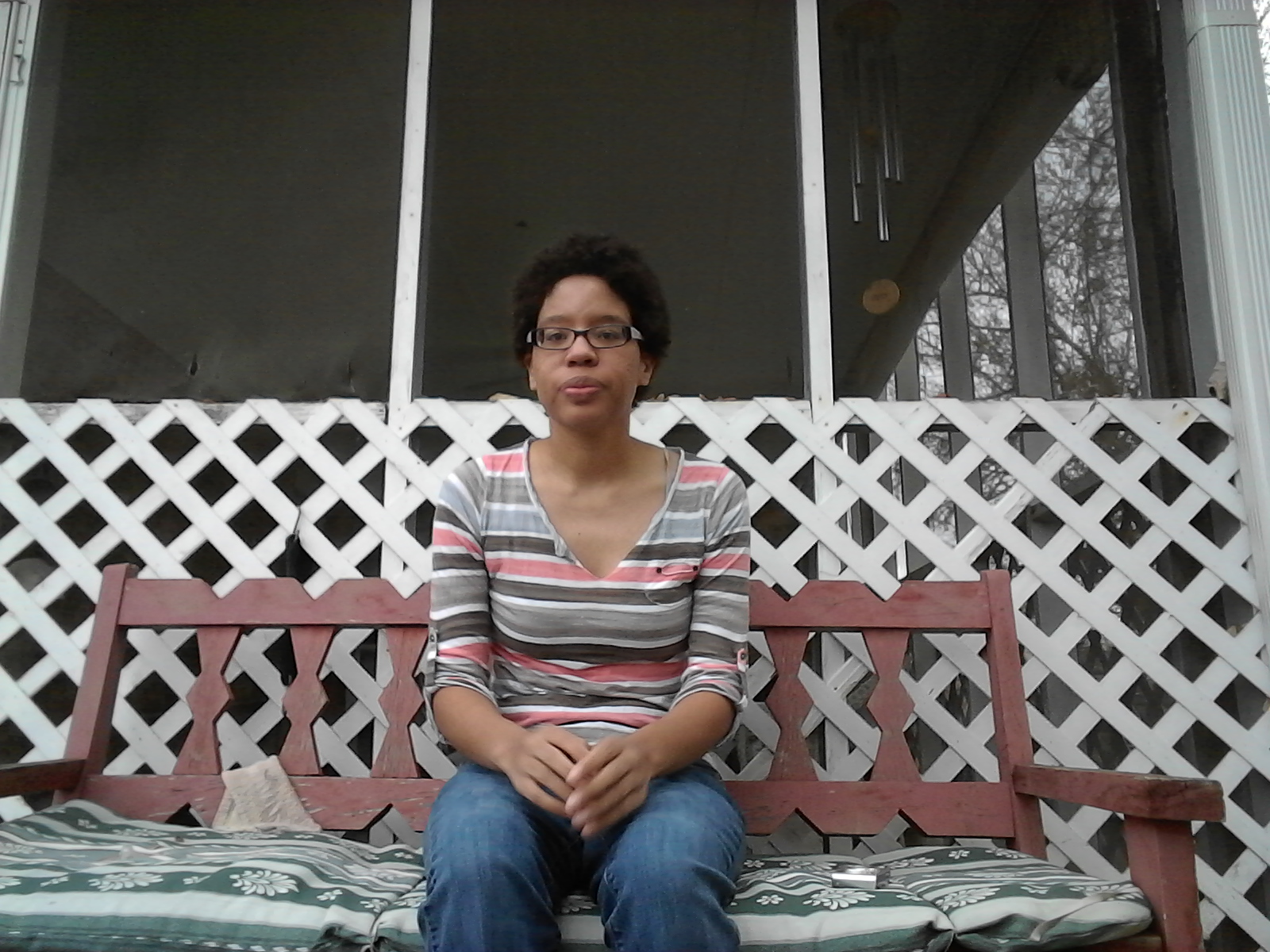Searching For A Motherland As A Black LatinaPosted in Africa, Articles, Autobiography, Brazil, Caribbean/Latin America, Europe, Latino Studies, Media Archive, United States on 2018-04-02 02:36Z by Steven |
Searching For A Motherland As A Black Latina
The Huffington Post
2018-03-30
Maria V. Luna, Associate Lecturer
Goldsmiths University of London
 Author Maria V. Luna in the Dominican Republic on her way to celebrate carnival in 2011. Maria V. Luna |
For Black Latinx in the U.S., bicultural, bilingual ― if they are lucky ― and born to immigrant parents, there is no motherland.
Though 25 percent of U.S. Latinos self-identify as Afro-Latino, we are not always made to feel at home in our own country. To be Latinx in the U.S. is to encounter xenophobic rhetoric from the top of our nation’s political leadership down to its base. To be black Latinx is to discover that xenophobia layered with anti-black rhetoric brews even among our own ethnic group.
Scholars Miriam Jiménez Román and the late Juan Flores consider W.E.B. Du Bois when describing the experience of the Afro-Latino in the U.S. as a triple consciousness — an awareness of being black, Latino and American. It is an elastic awareness, a way of moving in the world that has been woefully underexplored in America and in Spanish-language media and entertainment.
As an Afro-Latina, I often wondered: Where are my people? Where are those who crave mangú for breakfast, a Cuban sandwich for lunch and tres leches dessert? Where are those who love the “One Day at a Time” reboot with a Latin cast but winced when Lydia, played by Rita Moreno, repeats with conviction, “Cubans are white!” Didn’t abuela dance to Celia Cruz every morning as she made breakfast?
As soon as I could, I journeyed far from New Jersey to find my people. I looked for my kindred in the Dominican Republic, in Brazil, in Spain and in the maternal monolith I once imagined Africa to be.
I was looking for that mythical interstitial place where my blackness and Latinidad could peacefully coexist. This is what I found…
Read the entire article here.






